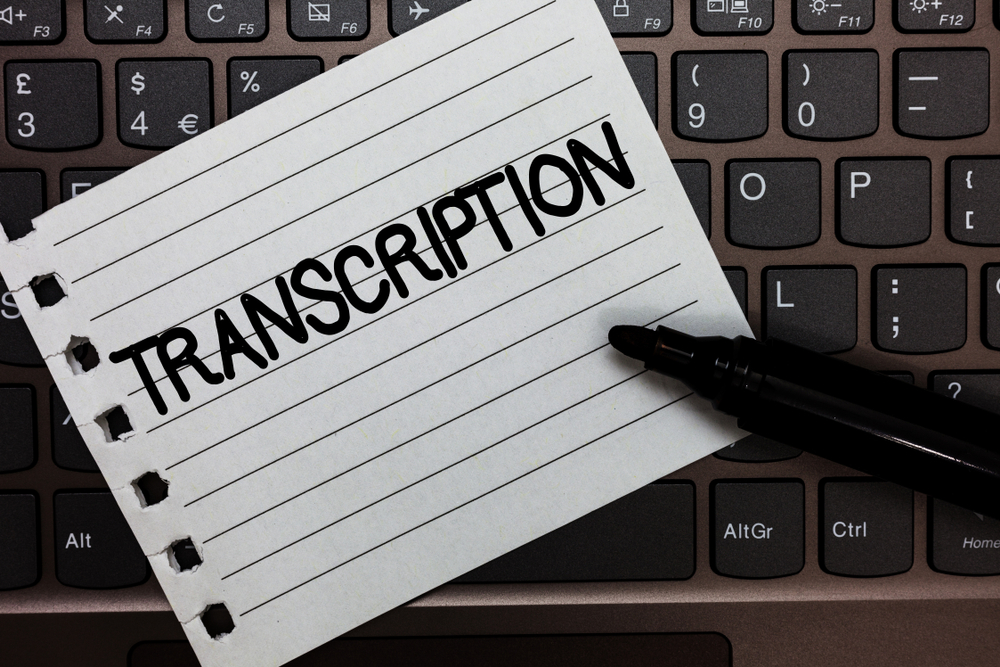
The role of a court reporter is to produce accurate transcripts that relay what was said during court proceedings as precisely as possible. The written records must be 100% correct to prevent any discrepancies that might subvert the course of justice. That is why court reporters spend years learning the trade and honing their skills to deliver high-quality and precise trial records.
If you have ever played the game “Telephone,” you know how messy and muddled it can be. The game requires the first player to whisper a long sentence to the next player, who then attempts to whisper whatever they heard to the third player, and so on. By the time the message reaches the final player, it has been garbled, and everyone bursts out in laughter when they try to repeat the sentence aloud.
An erroneous report can lead to confusion and influence the outcome of your case. It may also delay your case, leading to lengthy court battles. With this in mind, there should be no compromise as far as enlisting an experienced court reporter is concerned.
Benefits of a clear record
A high-quality and accurate transcript offers more than providing a record of court proceedings. Attorneys can use word-for-word transcripts to boost their cases, from the pre-trial process to the trial itself to even filing an appeal. Below are other ways lawyers and their clients can benefit from using transcripts in court cases.
Prepare for court
Having a complete record before the commencement of a court case allows you to study the document and prepare accordingly. The transcript contains information that could prove critical in your case. Reading the transcript will enable you to recall and understand the statements made during the deposition without misinterpreting the facts.
Formulate direct and cross-examination questions
The success of a lawsuit somewhat relies on the kind of questions you will ask the witnesses when they take the stand. Having a clear and complete transcript allows you to formulate questions that might be helpful in your case. Questions may come up from statements made during the deposition, and the transcript can help you decide what questions you want the judge and jury to hear.
Set the tone of the trial
Going through court transcripts allows you to comprehend what was felt during the deposition. How a witness testifies can provide insights into their emotions and how they felt as the events unfolded. You can quickly tell their feelings from the nature of their voice as they recount their story and then use these insights to formulate the tone of the trial.
File for appeal
A complete and accurate record of court proceedings lays the foundation for filing an appeal if you are convinced that your client’s rights were violated. Since court transcripts record verbatim, you can avoid a “he said, she said” war of words. Instead, it allows you to use the court report as evidence for an appeal. You can reread the content of the transcript to cite procedural errors and establish what went wrong.
Considering all the benefits of using high-quality and accurate transcripts, you should not gamble by hiring any court reporter that comes your way. Always enlist the services of an experienced court reporter for precise and accurate transcripts.
